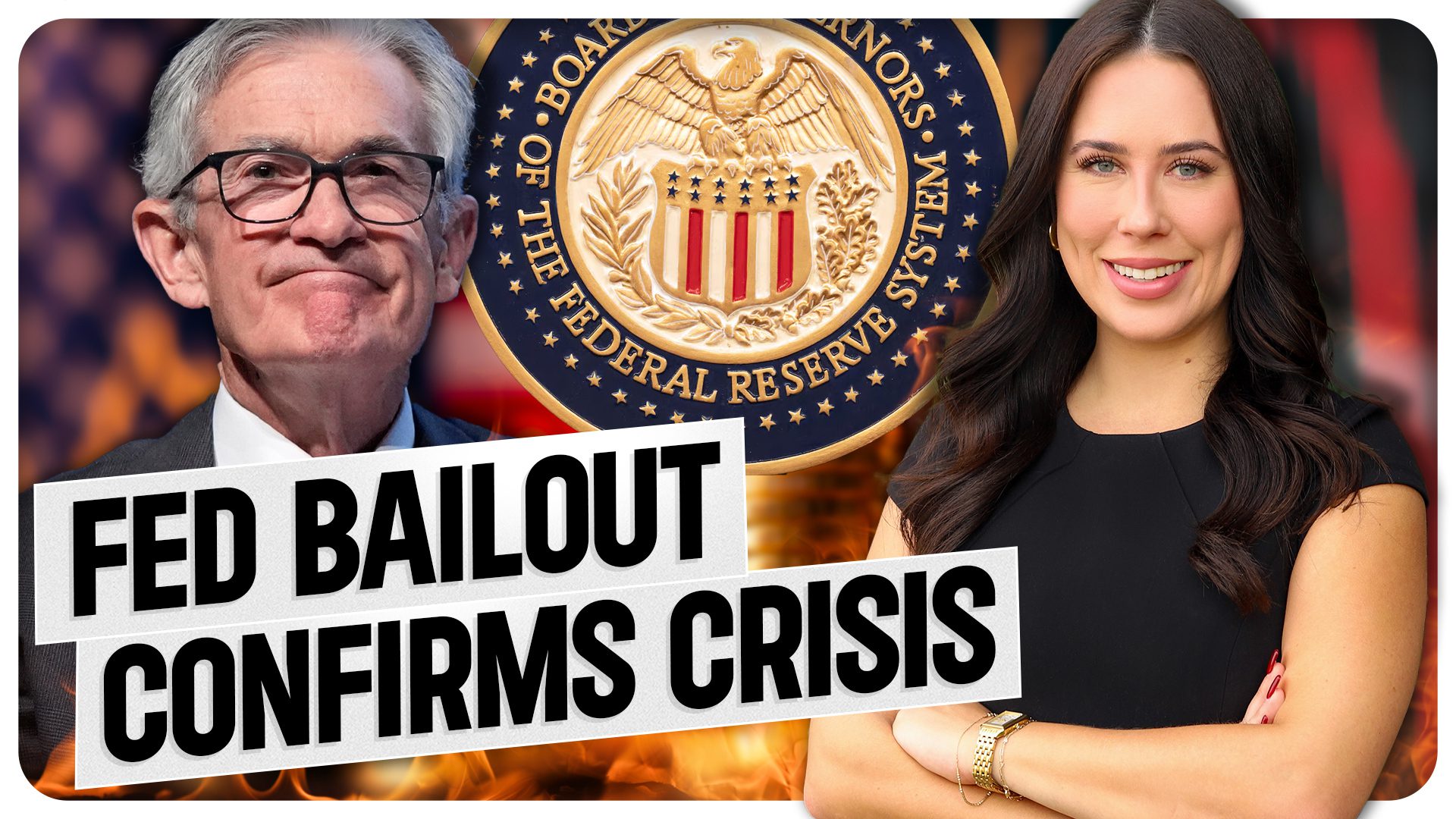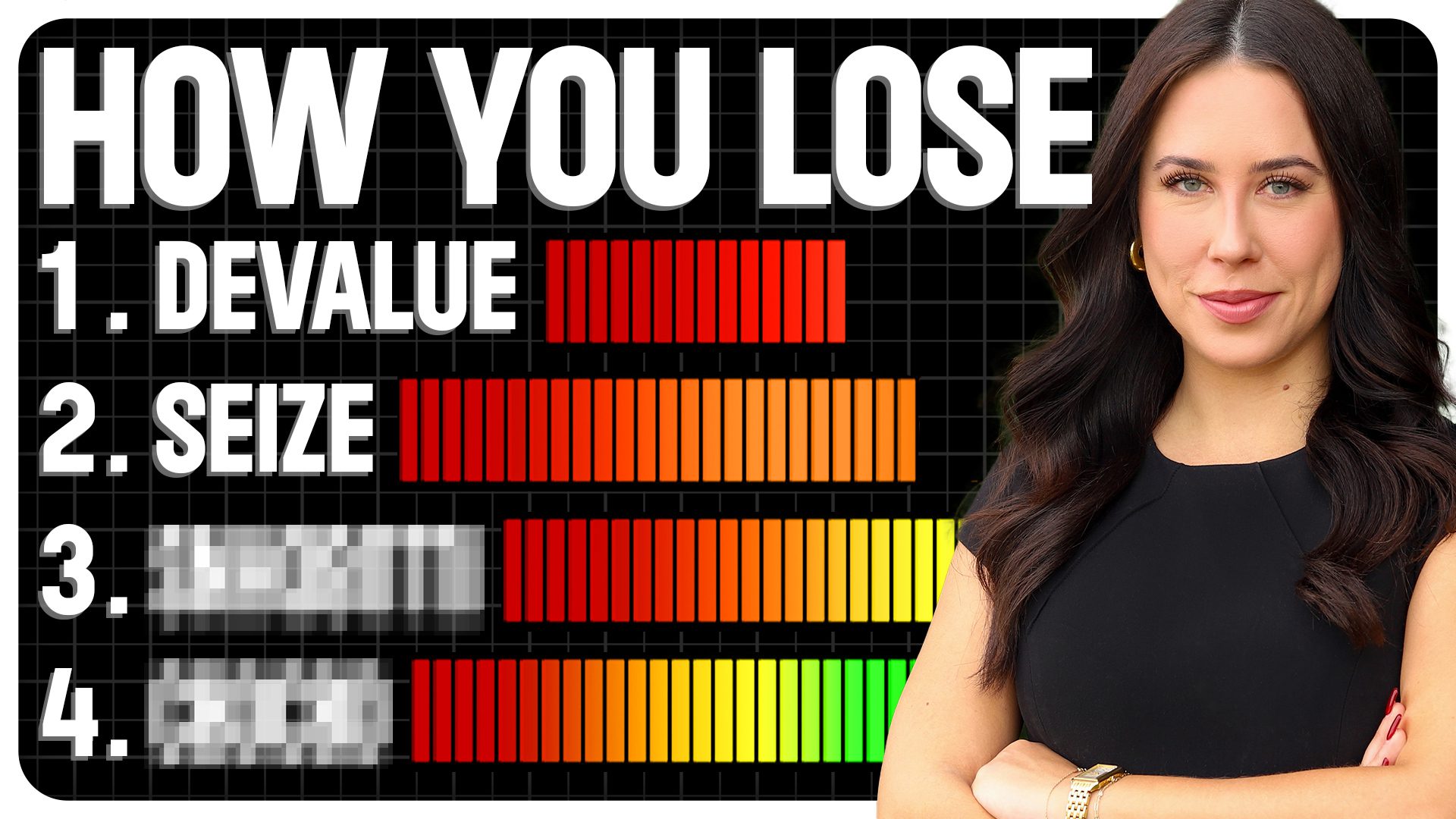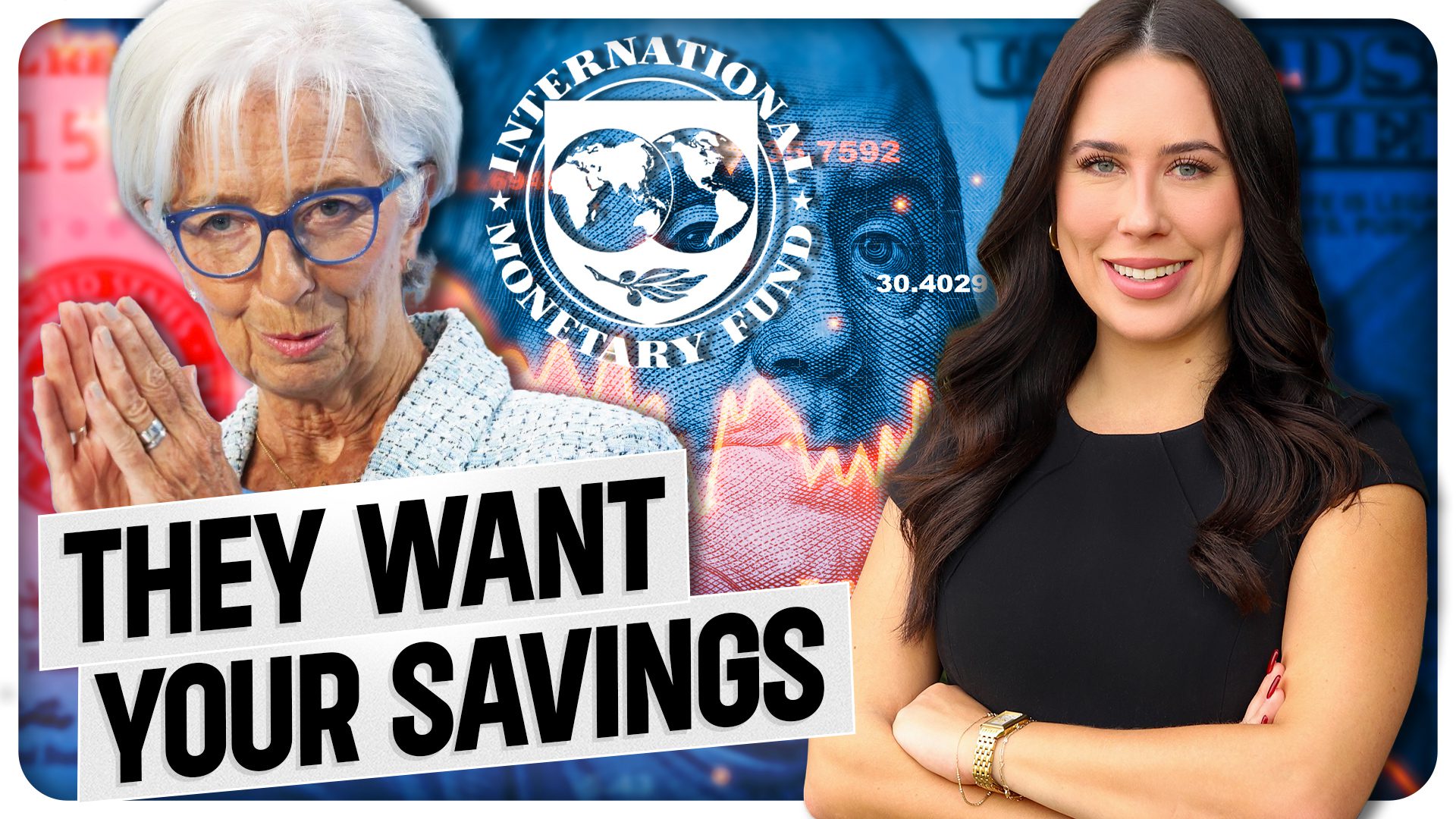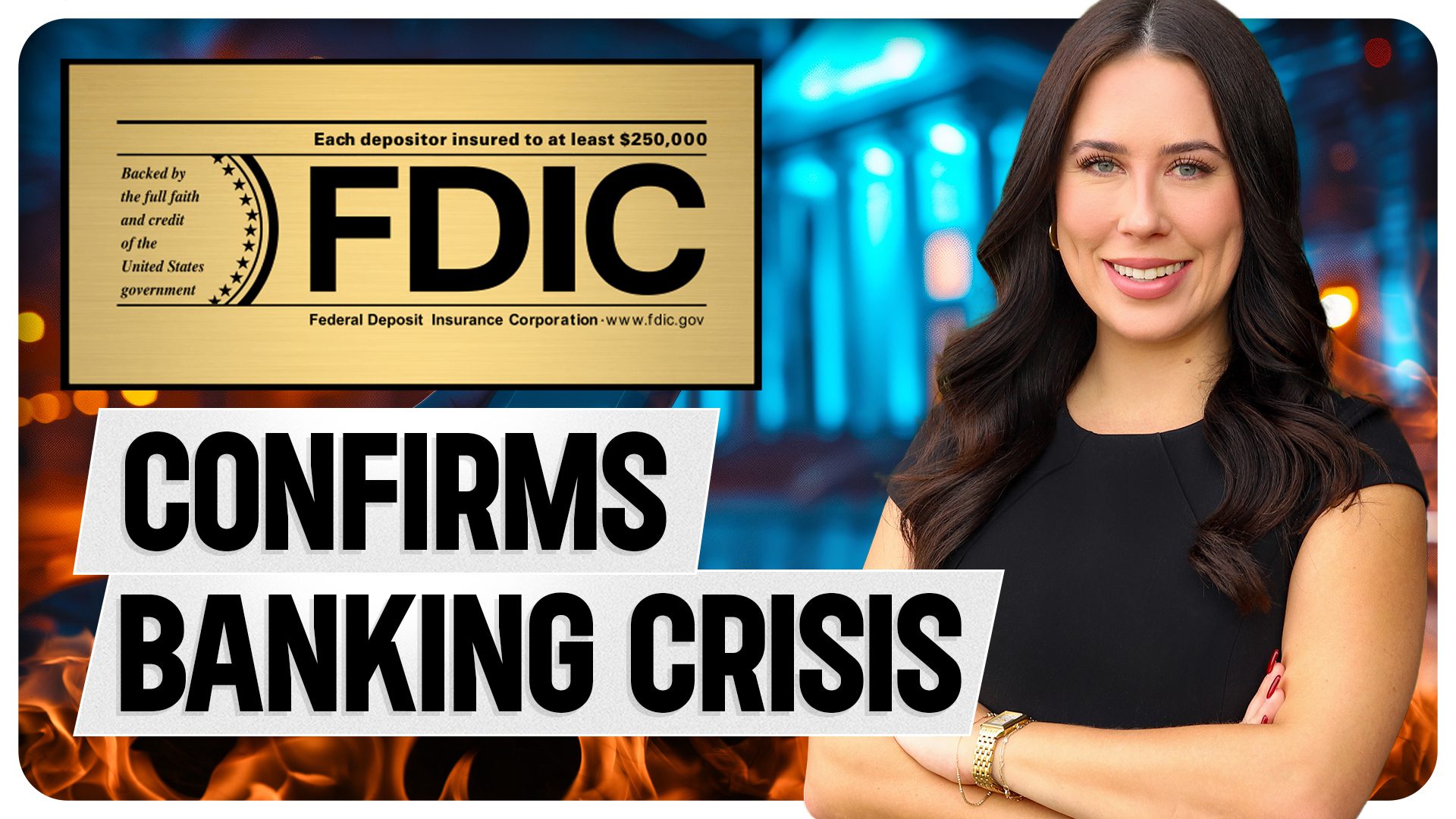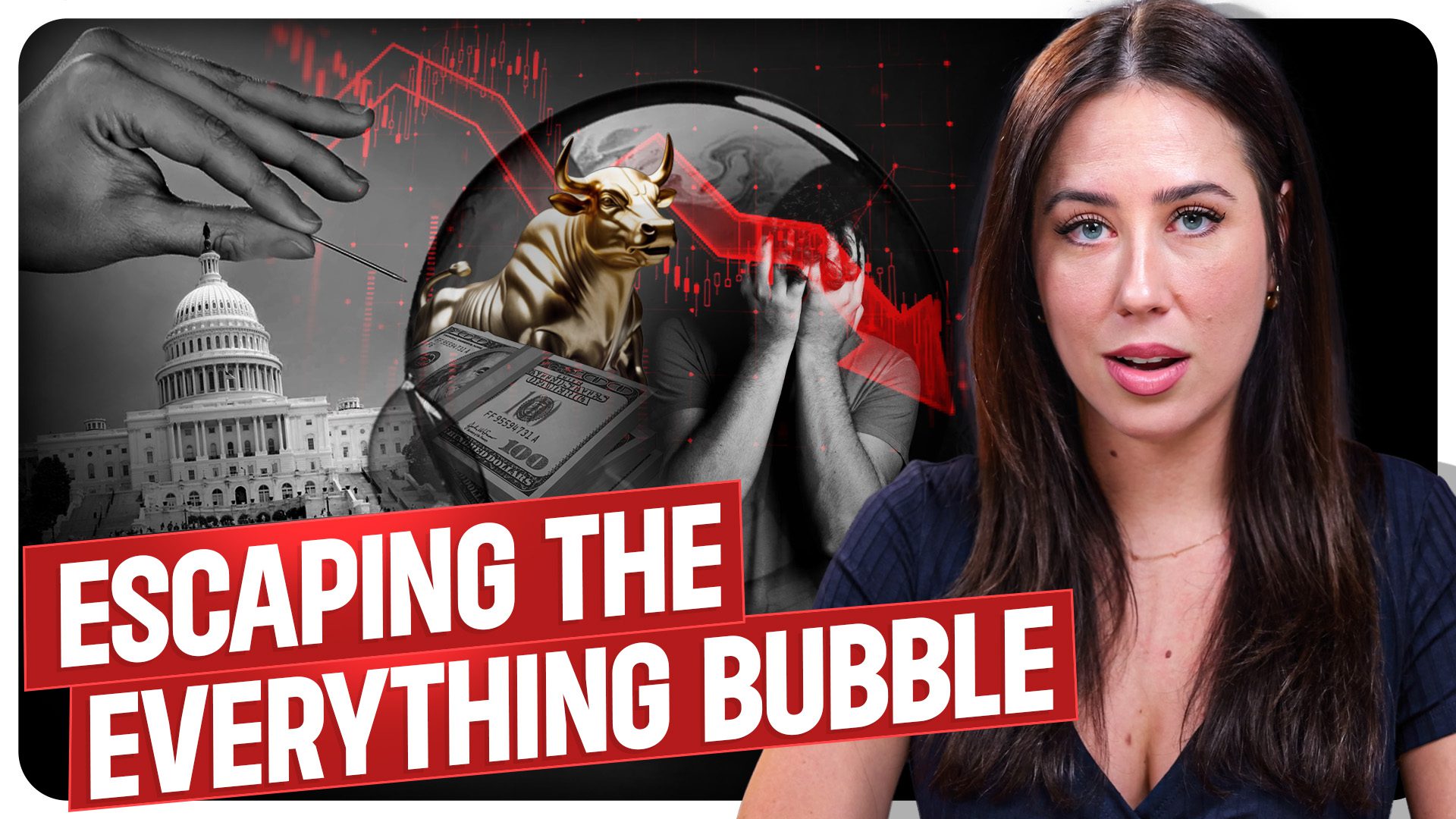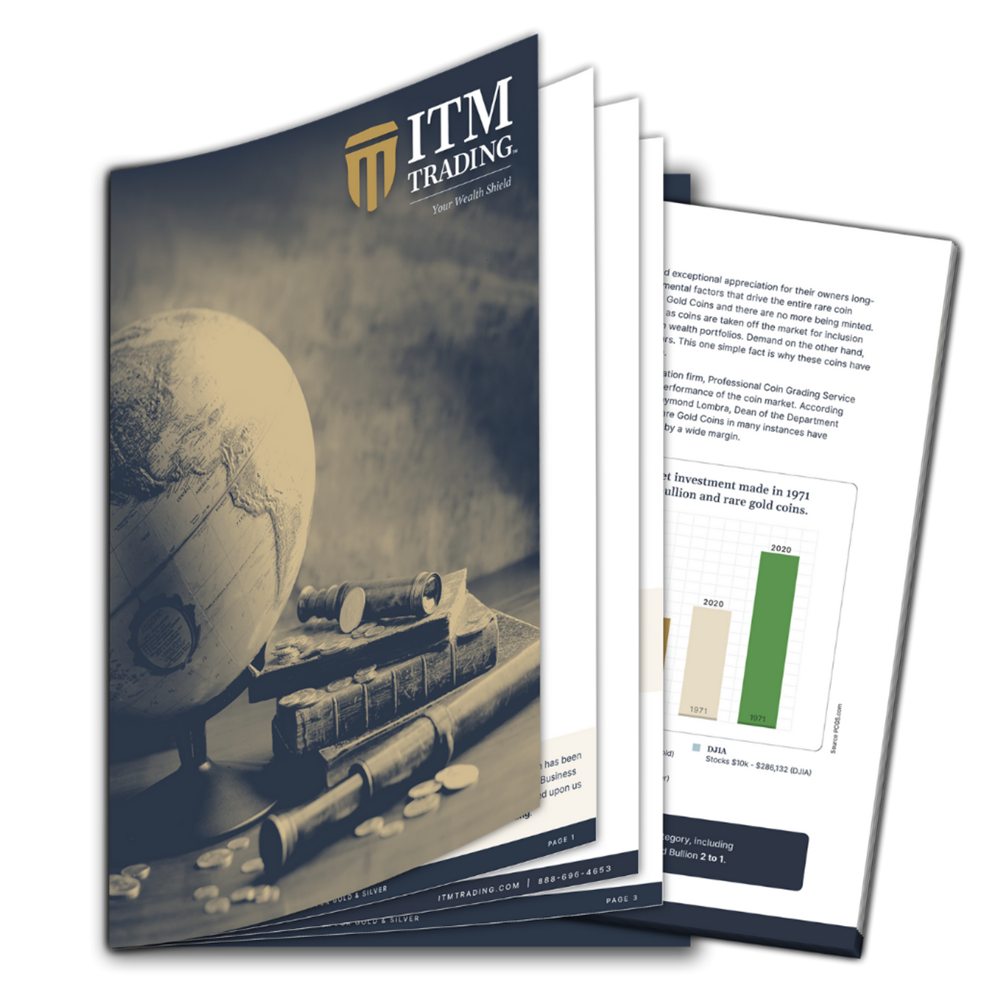Borrowing for Burgers, Bracing for Downgrades
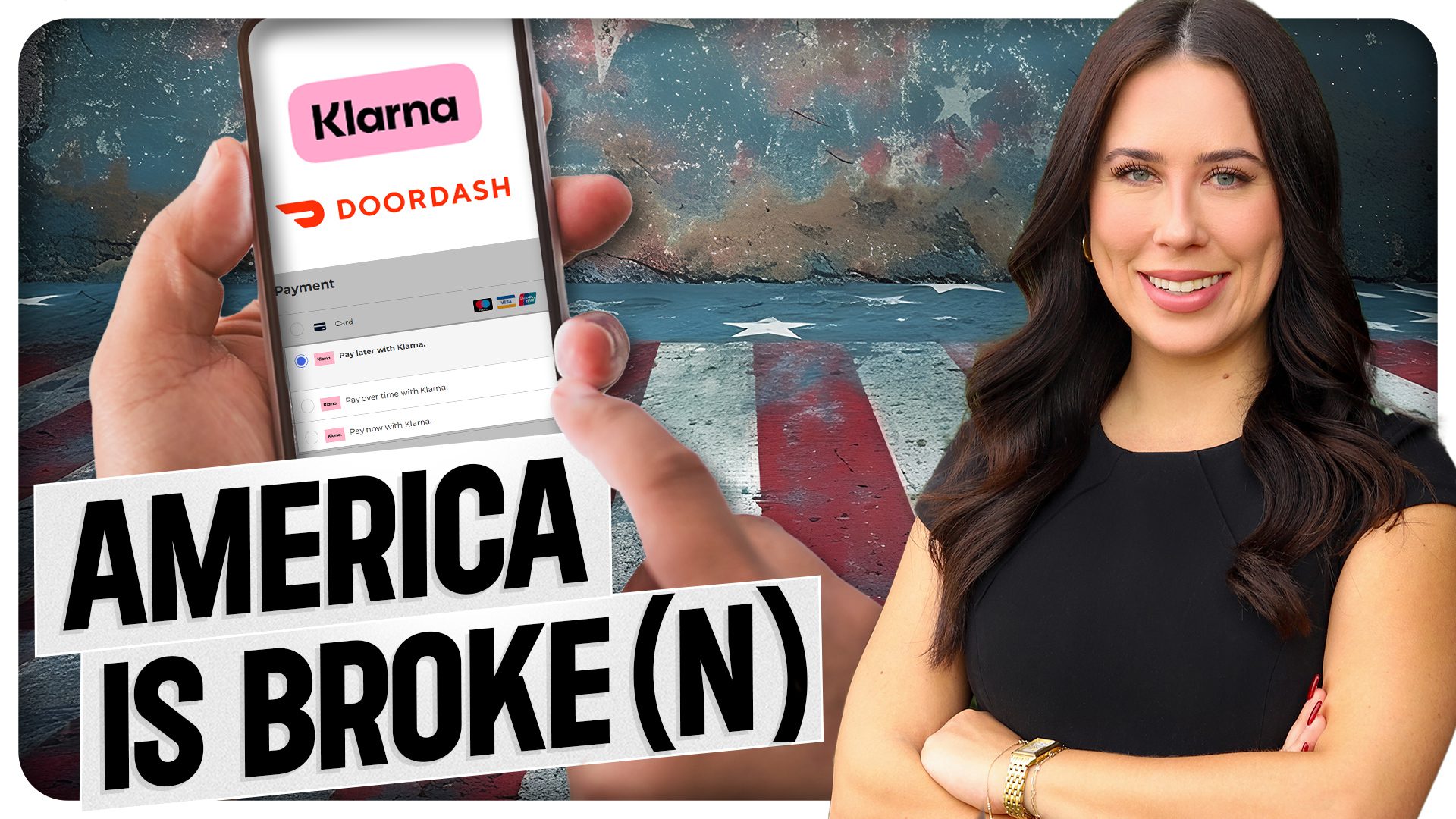
Americans can’t even afford fast food without financing it. What we’re witnessing right now is far from normal. It’s not about tariffs or isolated policy decisions; it’s about a systemic economic unraveling that’s been decades in the making. Fueled by reckless government overspending, this crisis is finally hitting home—and it’s hitting hard. Where does that leave you?
The Downgrades That Signal a Deeper Crisis: What You Need to Know Now
The United States is broke. Its citizens are broke. And what we’re witnessing right now is far from normal. It’s not about tariffs or isolated policy decisions; it’s about a systemic economic unraveling that’s been decades in the making. Fueled by reckless government overspending, this crisis is finally hitting home—and it’s hitting hard.
As someone over 50, concerned about protecting your wealth and retirement, it’s critical to understand what’s truly unfolding. We’re not just talking about headlines; we’re talking about your purchasing power, your retirement income, and your financial independence.
A Warning from the Credit Agencies
Recently, Moody’s—one of the “Big Three” credit rating agencies—issued a warning that the United States’ fiscal strength is on a long-term decline. This comes after Fitch and S&P already downgraded U.S. credit from AAA to AA+. The fact that Moody’s is now sounding the alarm is significant, because these agencies are notoriously reluctant to criticize the U.S. economy. Why? Because they’re private institutions with major shareholders—banks and investment firms—that are heavily invested in U.S. debt.
Think of it like a restaurant getting a health code violation not from a strict inspector, but from a friend with a stake in the business. If they’re calling out the problems, you know something is seriously wrong.
What a Downgrade Really Means
A credit downgrade isn’t just a technical rating—it’s a message to the world that the U.S. government may not be able to meet its obligations. That erodes global confidence in the U.S. dollar, accelerates the move away from it, and increases borrowing costs for the country. And when borrowing becomes more expensive for the government, you can bet those costs will trickle down to you—through higher interest rates on mortgages, auto loans, and credit cards.
More importantly, the dollar itself—backed only by the full faith and credit of the U.S. government—becomes less credible. In other words, your purchasing power is at risk.
Eat Now, Pay Later: The New American Reality
If the downgrades weren’t enough to signal systemic rot, consider this: Americans are now financing their fast food. DoorDash recently rolled out an “eat now, pay later” program, allowing users to split the cost of a burrito over four paychecks. What began as a convenient tool for purchasing appliances or furniture has now extended to fast food.
This isn’t just a quirky tech trend—it’s a cultural alarm bell. It speaks volumes about how deeply embedded overspending has become in American life. More than that, it shows just how strained the average household budget is. If you have to finance a $20 fast food order, how far are you from financial collapse?
Again, this isn’t about shaming those who are struggling. Times are tough, and families are doing what they can to get by. But the system—the culture of spending beyond one’s means—is the real issue here. Financial irresponsibility is not just normalized; it’s now marketed as the default.
Debt on Top of Debt
This trend is only getting worse. Buy now, pay later (BNPL) services racked up $18 billion in spending last December alone. That’s on top of the record credit card debt that many Americans are already carrying. It’s debt on top of debt on top of debt. And it’s unsustainable.
If this trajectory continues, we won’t just see more downgrades—we’ll see the collapse of financial institutions, surging defaults, and a full-blown currency crisis. The warning signs are already flashing red.
What You Can Do to Protect Yourself
So where does that leave you? In an environment where government numbers can’t be trusted, where the dollar is losing credibility, and where inflation continues to eat away at your savings, the need for tangible financial protection has never been greater. You don’t have to be a victim of economic distortion. You can be proactive. You can be protected.
THINKING ABOUT PURCHASING GOLD & SILVER? Get expert guidance from our team of analysts with 28+ years of experience. Schedule a free Q&A 👉 SCHEDULE YOUR CALL HERE or call 866-351-4219.
“The ITM team offers something unique—direct, personal guidance. What stood out to me right away was that they weren’t just focused on making a sale. Instead, they took the time to build my understanding of the function and value of precious metals.” — Gary P. [Verified Google Review]
